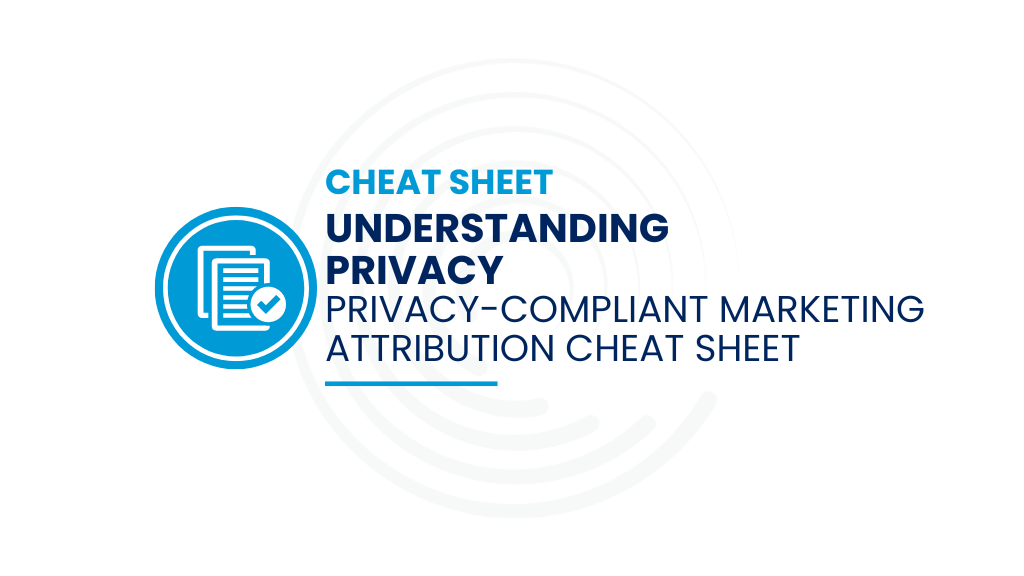In Gartner’s CMO Spend Survey 2018-2019, the outlook for martech is rosy, with spending on technology rising from 22 to 29 percent of the total marketing budget. But spending on labor and agency support dropped from 27 to 24 percent and 25 to 23 percent, respectively. Does prioritizing technology over humans in marketing budgets make sense in this environment? It’s complicated.
One thing to keep in mind is that marketers are insanely busy. Marketing is arguably the most strategic and important function within any organization, and the scope of marketing’s responsibilities are outrageously broad, particularly on the B2B side — see the long list of duties in the post linked above. Expectations are higher than ever, and the pressure to demonstrate value is enormous and growing.
To the extent marketing’s to-do list can be streamlined and campaigns optimized with technology, more tech investment makes sense. But the problem is that a huge percentage of B2B marketers don’t know how to accurately measure results and communicate value, especially to those outside of marketing. Utilization of current martech assets is frequently poor because marketers don’t have a strategy and aren’t trained to use the tech properly.
It’s frustrating for CFOs to analyze licensing expenses and commonly find that only 50% of marketing technology is utilized. New CMOs or managers implement martech solutions, but when that solution’s in-house champion leaves, it often falls into disuse. Or maybe the team just uses off-the-shelf features, letting the data flow without direction or understanding because they don’t know how to update the model.
There’s broad consensus in the C-suite on the importance of going digital across the organization and the necessity of every business unit working closely together. There’s also agreement that marketing must anchor the value creation chain. This consensus is reflected in the Gartner survey, which found that 57 percent of CEOs anticipate increasing their marketing budget for the year ahead.
But at the same time, marketing is under more scrutiny than ever. CFOs want to see concrete results from the investment in marketing, and boards and investors want details on strategic impact. Unfortunately, a large percentage of B2B marketers don’t know how to tell that story. They struggle with managing data, and they lack the training to guide the future based on historic results.
In too many B2B companies, marketers don’t have a map to understand the sales process or see the buyer journey clearly. They create lead generation campaigns using assumptions and legacy models to capture and process data. That means they’re likely to miss meaningful buying signals and struggle to fulfill their mission, which is to remove the friction from the sales process and drive revenue.
Buying new technology won’t address this skills gap because the tools won’t run without curious, trained and experienced people. A marketing degree from a top university won’t close the gap either — at my company, we assign our university interns (juniors and seniors who are majoring in marketing) data-driven marketing projects, and they tell us they learn more in a couple of days working in the real world than they have in school.
Professional development is what’s needed — specifically, training on business processes, data management, and analytics. Marketers also need training on how to effectively communicate the results of data-driven campaigns outside the marketing department. But judging from Gartner’s CMO Spend Survey, companies plan to invest more in technology and less in professional development.
This represents an opportunity for CMOs who recognize the training gap and offer their people help to close it. With the human capacity to fully utilize the martech stack and communicate results in a clear and compelling way, proactively trained marketing teams will be able to lap their competition, as some companies are already doing. Stay tuned for future thoughts about training best practices.







